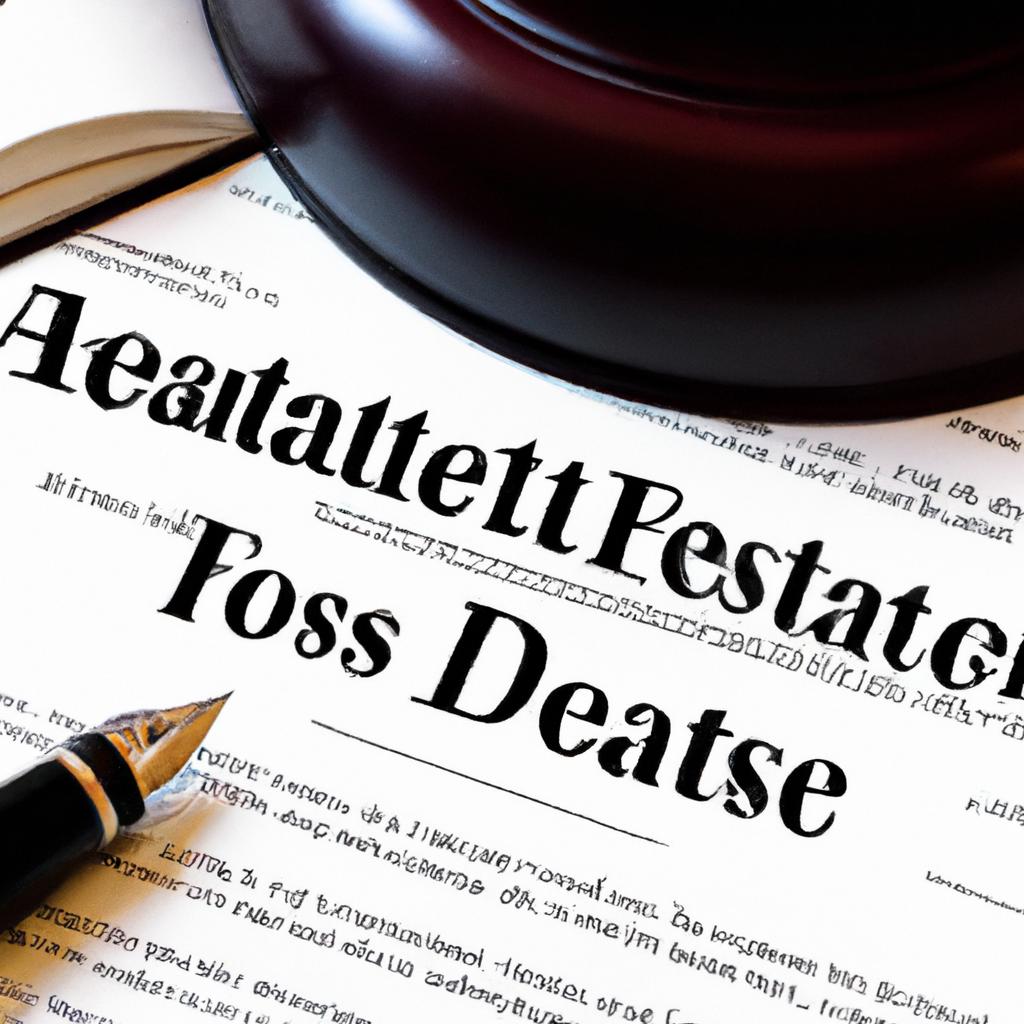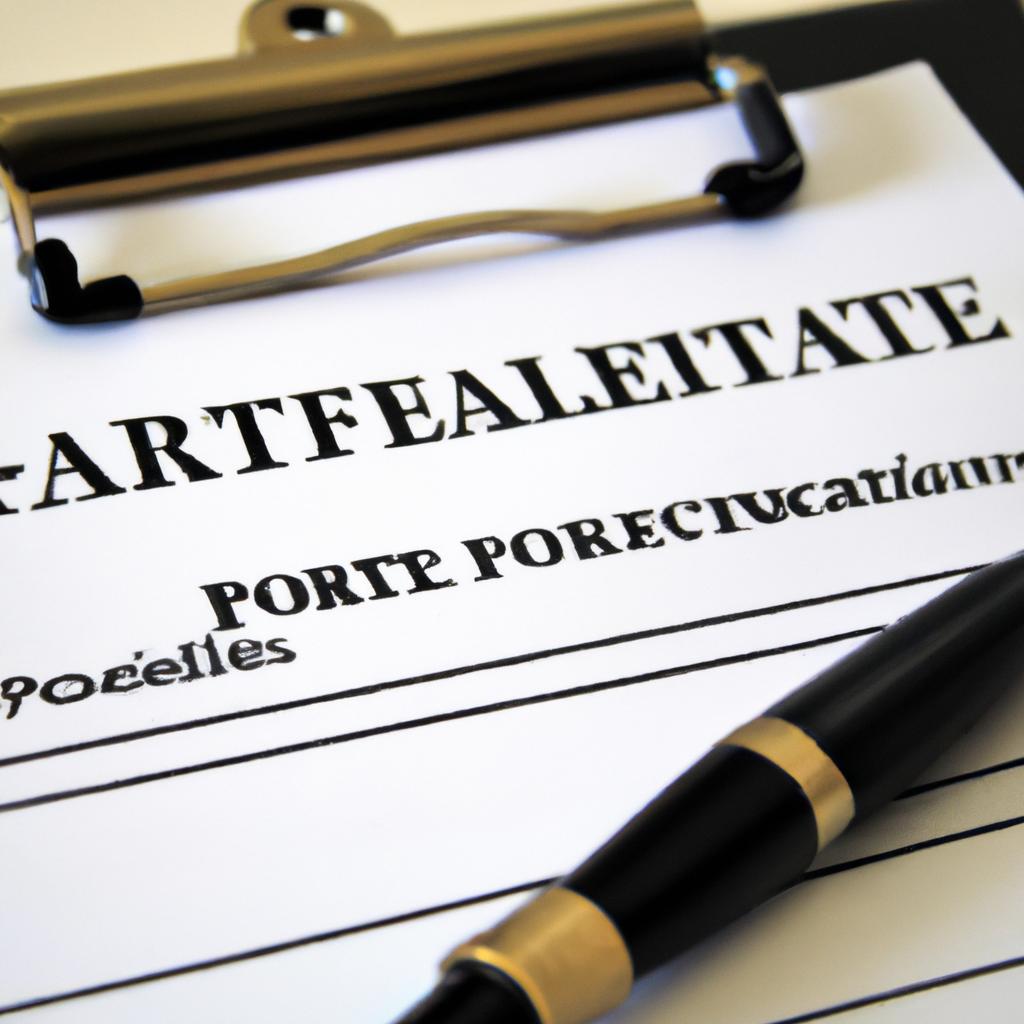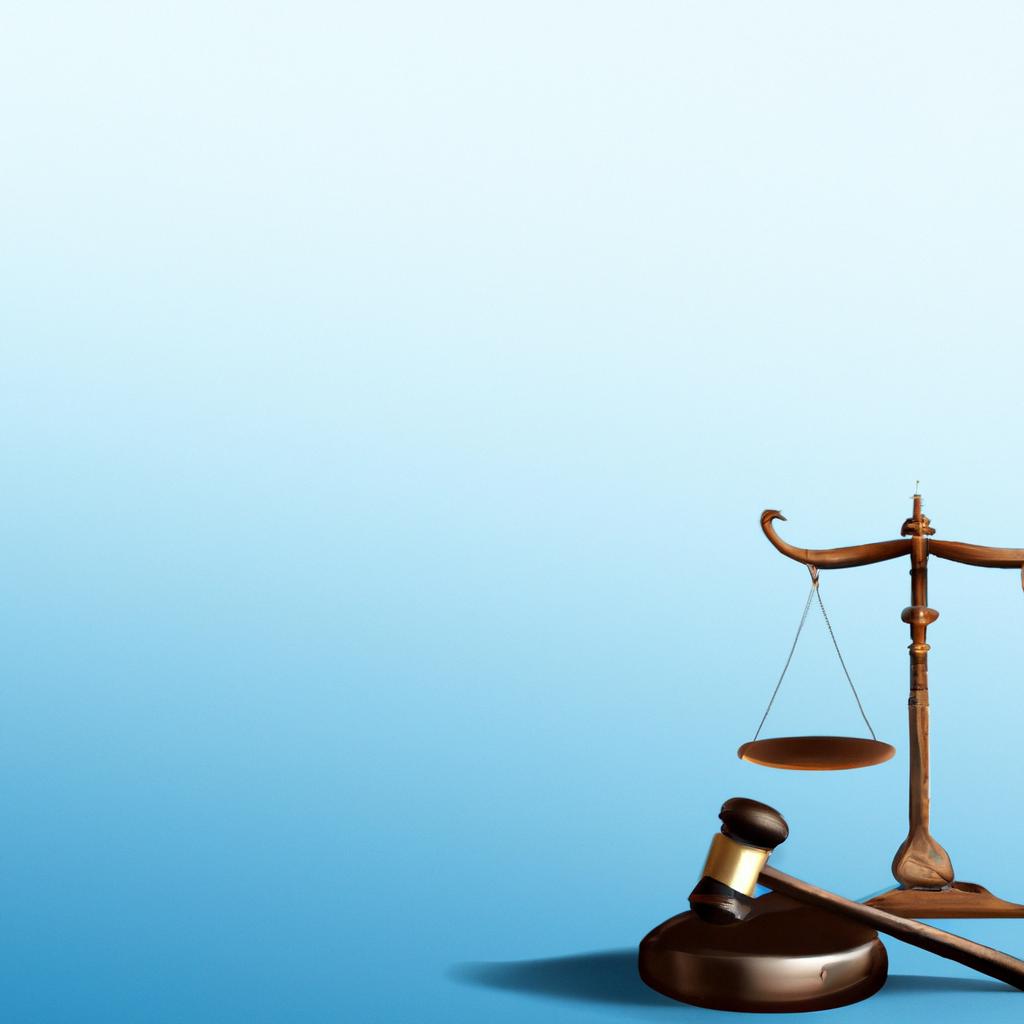Navigating the legal intricacies of probate proceedings can often be a daunting task for individuals grappling with the complexities of estate administration. One question that frequently arises is whether it is necessary to attend a probate hearing. As experienced attorneys at the Morgan Legal Group in New York City, specializing in estate planning, probate, elder law, Wills, and trusts, we understand the importance of providing clear guidance on this matter. In this article, we will delve into the factors to consider when deciding whether your presence is required at a probate hearing.
Determining the Necessity of Attending a Probate Hearing
Reasons to Attend a Probate Hearing:
- Ensure your interests are represented
- Provide important information or evidence to the court
- Clarify any questions or concerns regarding the estate
- Show respect for the legal process and the deceased
Reasons to Consider Not Attending:
- If you have a valid reason such as illness or incapacity
- If your presence is not required based on the specifics of the case
- If you have hired a trusted attorney to represent you
- If the court has granted permission for your absence
Ultimately, the decision to attend a probate hearing should be carefully considered based on the circumstances of the case and your personal situation.

Understanding the Role of a Probate Hearing in the Estate Administration Process
In the estate administration process, a probate hearing plays a crucial role in determining the validity of a will and overseeing the distribution of assets to heirs and beneficiaries. This legal proceeding ensures that the deceased’s final wishes are carried out in accordance with the law. While attending a probate hearing is not always required, it is advisable to consult with an experienced probate attorney to determine if your presence is necessary.
During a probate hearing, the court will review the will, hear any objections or disputes from interested parties, and approve the appointment of an executor or administrator to manage the estate. If you are named as an executor in the will, it is essential to be prepared to fulfill your duties and responsibilities throughout the probate process. By working with a knowledgeable probate attorney, you can navigate the complexities of probate law and ensure the efficient and proper administration of the estate.

Considerations for Deciding Whether to Attend a Probate Hearing
When deciding whether to attend a probate hearing, there are several important considerations to keep in mind. One factor to think about is your relationship to the deceased individual. If you are a beneficiary or an interested party in the estate, it is usually recommended that you attend the probate hearing to ensure your interests are represented. Additionally, if there are any disputes or contested issues related to the estate, your presence at the hearing may be necessary to provide important information or testimony.
Another consideration to take into account is the complexity of the estate and the legal proceedings involved. If the estate is particularly complex or if there are issues that may require your input or involvement, attending the probate hearing can be beneficial. Additionally, by being present at the hearing, you can gain a better understanding of the probate process and how the estate is being administered. Ultimately, the decision of whether to attend a probate hearing should be based on your own unique circumstances and the specific details of the estate in question.

Recommendations for Effectively Handling Probate Proceedings
When it comes to probate proceedings, it is crucial to be prepared and know what to expect. One of the most common questions that individuals have is whether they need to attend a probate hearing. While it is not always required for beneficiaries or heirs to attend a probate hearing, it is highly recommended to do so. By attending the hearing, you can gain a better understanding of the process, keep track of important deadlines, and ensure that your interests are being represented.
Moreover, attending a probate hearing can also provide an opportunity to address any concerns or questions that may arise during the proceedings. It allows you to interact with the court, ask for clarification on any issues, and advocate for your rights as a beneficiary. Overall, attending a probate hearing can help to ensure that the process runs smoothly and that your interests are protected.
Q&A
Q: Do I need to attend a probate hearing?
A: It depends on your role in the probate process. If you are the executor of the estate or a beneficiary, it is typically recommended that you attend the hearing. However, if you are not directly involved in the proceedings, attendance may not be necessary.
Q: What happens at a probate hearing?
A: A probate hearing is where the court reviews the will, hears any objections or disputes, and ultimately decides how the estate will be distributed. It is an important step in the probate process to ensure that the deceased’s wishes are carried out properly.
Q: What are the consequences of not attending a probate hearing?
A: If you are required to attend a probate hearing and fail to do so, it could delay the probate process or result in the court making decisions without your input. It is best to attend to ensure that your interests are represented.
Q: Can I send a representative to attend the probate hearing on my behalf?
A: In some cases, you may be able to send a representative, such as a lawyer or family member, to attend the probate hearing on your behalf. However, it is important to check with the court to see if this is allowed in your specific situation.
Q: How can I find out if I need to attend a probate hearing?
A: If you are unsure whether you need to attend a probate hearing, it is best to consult with a probate lawyer or contact the court handling the proceedings. They can provide guidance on whether your presence is required and what steps you need to take.
Future Outlook
In conclusion, attending a probate hearing may be necessary depending on the circumstances of the case. It is important to consult with a legal professional to determine the best course of action for your specific situation. Whether you decide to attend or not, it is always best to be informed and prepared. Remember, the probate process can be complex and overwhelming, but with the right guidance, you can navigate it successfully. Thank you for reading and we hope this article has provided you with valuable insights on the topic. Good luck with your probate journey!
 Do I Need to Attend a Probate Hearing?
Do I Need to Attend a Probate Hearing?
When a loved one passes away, their assets and property are often distributed to their heirs according to their will or state laws. This process is known as probate and it involves proving the validity of the will and settling any outstanding debts or taxes. While the probate process can vary from state to state, it typically involves a court hearing to finalize the distribution of assets. If you have been named as an executor of a will or a beneficiary of an estate, you may be wondering if you need to attend a probate hearing. In this article, we will discuss the importance of probate hearings and whether or not you need to attend.
What is Probate?
Probate is a legal process that ensures a deceased person’s assets are distributed according to their wishes and state laws. It involves validating the will, paying any outstanding debts and taxes, and distributing the remaining assets to the designated beneficiaries. The probate process can take several months to a year, depending on the complexity of the estate.
Why is Probate Necessary?
Probate is necessary to ensure that the decedent’s wishes are being carried out and that any outstanding debts or taxes are paid. It also serves to protect the rights of any heirs or beneficiaries who may have a claim to the estate. By going through the probate process, it provides a legal record of the distribution of assets, which can help prevent any disputes or challenges in the future.
Do I Need to Attend a Probate Hearing?
The short answer is, it depends. In some states, it is not mandatory for beneficiaries to attend a probate hearing. However, it is highly recommended to attend if you are able to do so. Here’s why:
1. You Can Stay Informed
Attending a probate hearing is an opportunity for you to stay informed about the status of the estate. You’ll have the chance to ask questions, voice concerns, and make sure that everything is being handled according to the decedent’s wishes. This can be especially important if you suspect something may not be right with the will or the distribution of assets.
2. You Can Protect Your Rights and Interests
By attending a probate hearing, you can ensure that your rights and interests as a beneficiary are being protected. You’ll have the opportunity to address any issues or concerns that you may have and make sure that your portion of the estate is being distributed correctly.
3. You Can Help Speed Up the Process
By attending a probate hearing, you can help speed up the process of distributing assets to beneficiaries. If all beneficiaries are in agreement and have no objections or disputes, the court can finalize the distribution of assets faster.
4. It Can Save Time and Money
In some cases, not attending a probate hearing can result in delays or added legal fees. By being present and addressing any issues or concerns, it can help prevent any unnecessary delays or expenses in the probate process.
5. It Shows Respect for the Decedent
Attending a probate hearing is also a way to show respect for the deceased and their wishes. It demonstrates that you are taking your role as a beneficiary seriously and are actively involved in the distribution of their assets.
If You Are Unable to Attend the Probate Hearing
If you are unable to attend the probate hearing, it is important to inform the court and the executor as soon as possible. They may be able to reschedule the hearing or provide an alternate way for you to participate, such as through a phone conference or by submitting a written declaration.
Conclusion
While it may not be mandatory to attend a probate hearing, it is highly recommended to do so if you are able. Attending a probate hearing can help protect your interests, ensure the decedent’s wishes are being carried out, and potentially speed up the distribution of assets. If you are unable to attend, make sure to inform the court and the executor to avoid any delays in the probate process.

